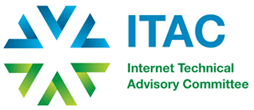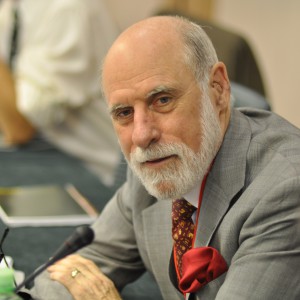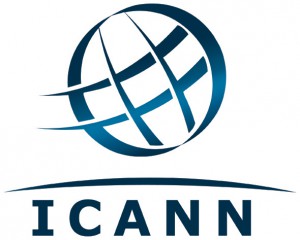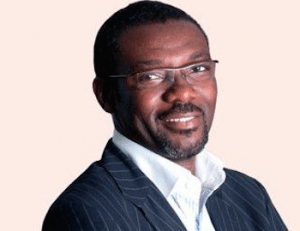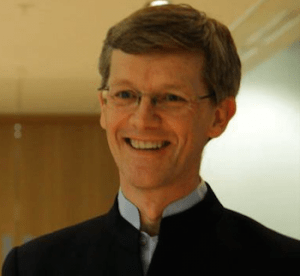By Constance Bommelaer, Senior Director, Global Policy Partnerships, Internet Society and Nicolas Seidler, Policy Advisor, Internet Society
As we head towards the New Year, the issue of government surveillance continues to ignite intense debate among stakeholders across all regions of the globe. In this context, there could be a temptation for some governments to close their digital frontiers and seek to exercise greater control over their local Internet economies. This would have chilling effects on the global Internet and its ability to spur economic benefits and social progress.
In this regard, the work undertaken by the OECD’s Information, Computer and Communications Policy Committee (ICCP) is critical as it focuses on how to enable innovation and growth – based on a robust, stable and open Internet infrastructure – while preserving users’ privacy and security.
Over the past year, the Internet Technical Advisory Committee (ITAC) has been fully engaged in supporting this objective. Here are recent examples of the technical community’s successful cooperation with the ICCP Committee: the adoption of the Revised Privacy Guidelines, the finalization of the ITAC-sponsored study on “Cables, Gateways and IXPs”, and participation in a volunteer group on the implementation of the OECD Internet Policy Making Principles which will be instrumental in preparing for the next Ministerial meeting in 2016.
Also, in the spirit of openness and collaboration, the Asia Pacific Network Information Center (APNIC) and the Internet Society (ISOC) co-chaired an IPv6 volunteer group, paving the way for future OECD work in support of the new Internet protocol – a key enabler for the development of the Internet economy.
These achievements were facilitated by the multistakeholder approach of the ICCP, in which groups from business, civil society and the technical community all bring their own special expertise and knowledge to the table.
In this newsletter, ICCP Chair Jorgen C. Abild Andersen testifies to the value of this open model by stating that “ITAC is now a regular and highly appreciated contributor to the work of the ICCP, weighing in on a range of issues that are essential to the healthy development of the Internet, to the benefit of our economy and society.”
Indeed, building bridges across different stakeholders is essential as we get closer to 2015 – an important milestone for both the review of the World Summit on the Information Society (WSIS) process and the UN Millennium Development Goals (MDGs).
With this deadline in sight, it is now the international community’s collective responsibility to tackle an essential question: following the Digital Revolution, will the Information Age live up to its potential for inclusive growth and development?
There are often discussions at the OECD about the importance to maintain an Open Internet to reach this goal, while understandings of what it really means may differ. In our view, the various manifestations of openness have to be considered as interdependent and mutually reinforcing. Over the past 40 years, the Internet has become a multi-faceted reality: technical, economic, societal and political. These realities are closely intertwined and interrelated. For example, Open standards lay the foundation for an open and borderless economy, which in turn supports the development of a free and global society. As such, the Internet must remain unequivocally open in its universality and global reach.
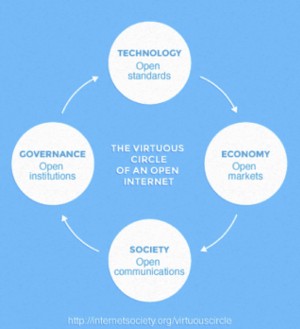
More than ever, now is the time to lay these foundations and to continue working in a collaborative way towards a successful 2014!
______________________________________________________________

Constance Bommelaer is the Senior Director of Global Policy Partnerships and helps developing partnerships with international organizations as well as strategic positions on key Internet issues. In this role, she founded and now coordinates the Internet Technical Advisory Committee (ITAC) to the OECD. She also leads ISOC’s engagement with UNESCO, WIPO, the G8, the G20 and the IGF. In 2010 and 2011 she was responsible for the strategic development of the Internet Society’s Next Generation Leaders program, a youth program designed to help prepare young professionals from around the world to become the next generation of Internet technology, policy, and business leaders.

Nicolas Seidler is a Policy Advisor at the Internet Society. He joined the organization in February 2010. One of his current areas of work concerns Internet and Human Rights, in particular freedom of expression online. Nicolas contributes to developing partnerships with international and regional organizations, engaging with global policy makers and non-governmental stakeholders on key Internet issues. In this role he contributes to ISOC’s engagement with a variety of organizations such as the ITU, the Human Rights Council or the Council of Europe. He also contributes to coordinating the Internet Technical Advisory Committee to the OECD.
